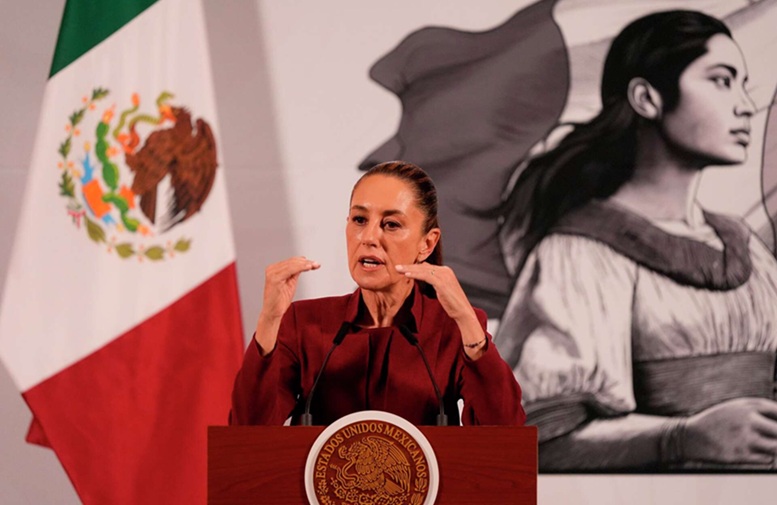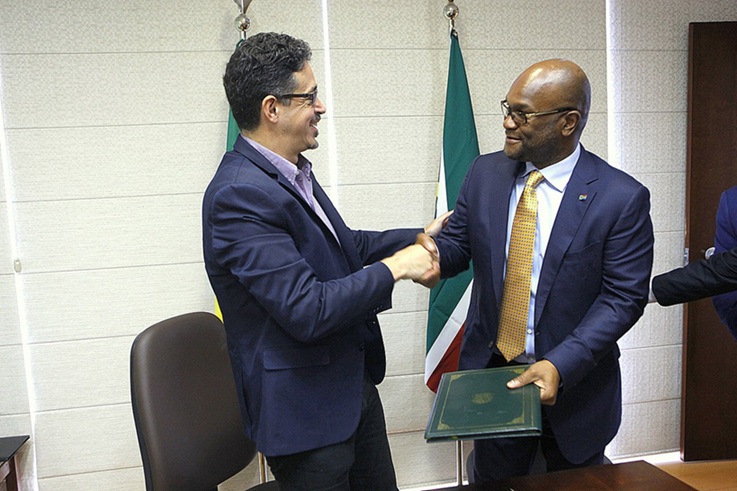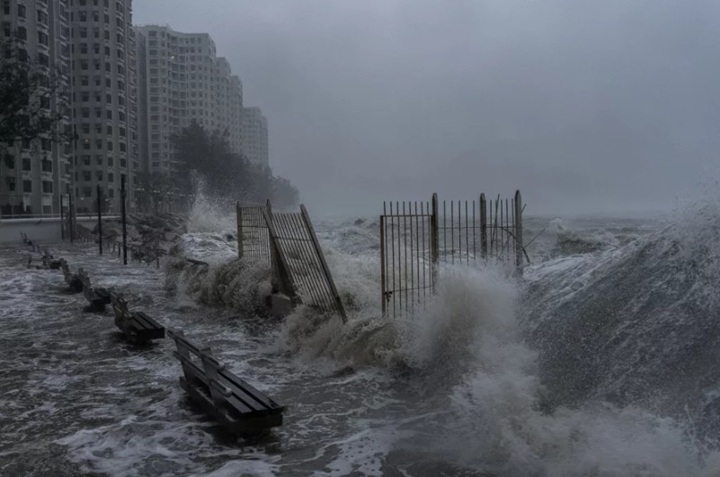As U.S. trade policy continues to send shockwaves through global markets, Mexico and Brazil—Latin America’s economic heavyweights—are taking matters into their own hands. Presidents Claudia Sheinbaum and Luiz Inácio Lula da Silva, meeting in Honduras during a regional summit, announced plans to deepen economic ties and foster collaboration between their business sectors. Their move is widely seen as a strategic pivot away from the volatility of the Trump administration, whose unpredictable tariff decisions have left both allies and competitors scrambling for stability.
The summit, bringing together leaders from the Community of Latin American and Caribbean States, underscored a growing sense of regional urgency. In the face of renewed U.S. protectionism and a sharp uptick in deportations, calls for Latin American unity are no longer just rhetorical. “Today more than ever is a good time to recognize that Latin America and the Caribbean require unity and solidarity,” Sheinbaum declared, echoing the sentiment that deeper intra-regional cooperation may be the only defense against external turbulence.
Trump’s 90-day suspension of global tariffs—excluding China, which faces a staggering 145% hike—has done little to calm global frustration. Far from reassuring partners, the administration’s erratic moves, from floating drone strikes in Mexico to saber-rattling over Chinese influence in Panama, have only reinforced a growing perception: that under Trump, the U.S. is less a steady ally and more a destabilizing force. In response, countries like Mexico and Brazil are not just reacting—they’re recalibrating.
“Your donation helps us cover global events, ensuring everyone stays informed.”
(Source: BN Americas | Associated Press)









